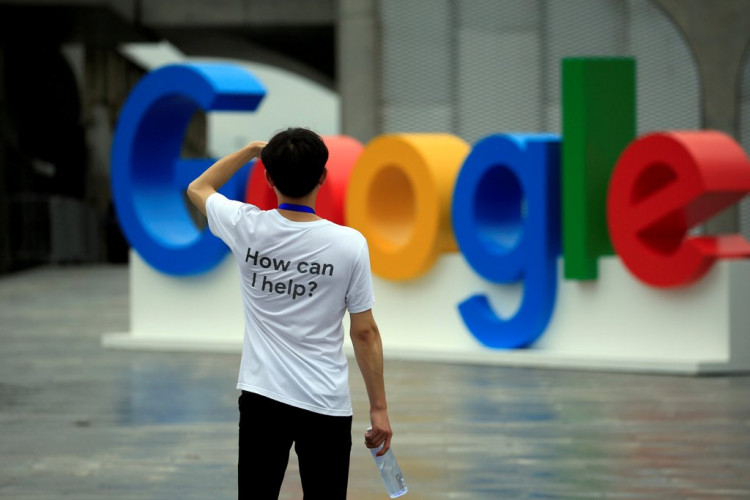Google has announced it will start charging European manufacturers for installing on their mobile phones the company's Android suite of apps.
The search giant said the change was an offshoot of a ruling of the European Commission, which fined the company US$5 billion for "antitrust violations." The commission also ordered Google to stop "illegally tying" apps such as Chrome and Search, among others, to Android bundles like Google Play, Maps, Gmail, and YouTube.
A separate license will allow manufacturers to install Search and web-browser Chrome.
"We will introduce a new paid licensing agreement for smartphones and tablets shipped," into the European Economic Zone, wrote Hiroshi Lockheimer, Google's head of Android, in a blog post.
Outside the European Economic Area, Lockheimer maintained that Android apps will "remain free and open source."
The development sends a major shift in Google's mobile business. The search engine's mobile segment allows the free use of Android to generate users and lead them to use other services of the company such as web browsing and other related services.
Google's parent Alphabet generates nearly 90 percent of its annual sales from services such as Search and Advertising potentially dampening its revenues at the tail-end of 2018. The effect on its earnings could be gleaned later on during their 4th quarter report.
As a free and open source software, Android has enjoyed a relative degree of success. In a span of a decade, the Android operating system powers almost nine out of every 10 smartphones manufactured and distributed around the world.
The new licensing options will come into effect starting October 29, 2018, according to Lockheimer, for all smartphones and tablets manufactured and distributed in Europe. The official expressed the company's firm commitment to work with phone manufacturers to enable to a smooth transition and comply with the new regulation.
Lockheimer also shared that while the company will start abiding by the July ruling, Google still filed an appeal with the General Court of the European Union as part of exhausting all legal remedies available to them.
The company official did not mention the cost of the license for Android apps.
Lockheimer also indicated that the adverse ruling on the use of bundled Android apps on smartphones and tablets would not dampen the company's dedication to continuing developing the operating system as it is.
"And of course, we remain deeply committed to continued innovation for the Android ecosystem," the official wrote.






